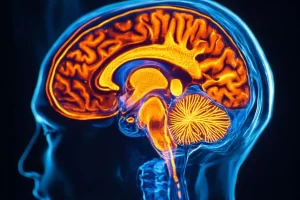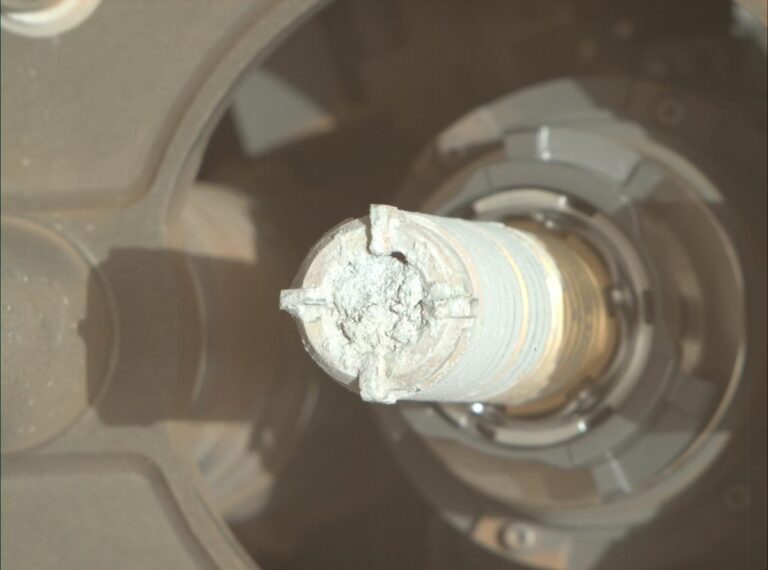A Cup of Coffee Could Do More Than Just Wake You Up** Caffeine, the beloved pick-me-up found in coffee, tea, and cocoa, is proving to be more than just an energy booster.
According to recent research published in Rheumatology by Oxford University Press caffeine consumption may enhance heart and vascular health, providing a natural way to mitigate cardiovascular risks. Caffeine and Heart Disease: A New Perspective Heart disease, along with vascular conditions like heart attacks and strokes, remains a leading cause of global mortality.
For people living with inflammatory rheumatic diseases —such as lupus and rheumatoid arthritis—the risk is even greater, often compounded by treatments like cortisone derivatives. Traditionally, doctors have recommended reducing caffeine intake to limit these risks, along with other lifestyle changes such as quitting smoking, controlling cholesterol, and managing blood pressure. However, new findings suggest that the relationship between caffeine and heart health may need a closer look.—### **Caffeine’s Role in Vascular Growth and Inflammation Reduction**
The study, conducted by researchers at **Sapienza University of Rome**, reveals that caffeine can stimulate the production of **endothelial progenitor cells**—cells that regenerate the inner lining of blood vessels, enhancing vascular health. Beyond its well-known stimulant effect, caffeine also demonstrates **anti-inflammatory properties**, as it binds to receptors on immune cells and mitigates inflammation. **“This study aims to provide patients with insights into how diet, particularly caffeine, can impact disease management,”** said Fulvia Ceccarelli, the study’s lead author.—### **Study Highlights: Caffeine’s Impact on Lupus Patients**
To further explore caffeine’s benefits, the researchers analyzed the health data of **31 lupus patients**. Over a week, participants logged their food intake through questionnaires, after which their blood samples were evaluated. The results were compelling: – **Patients who consumed caffeine** showed marked improvements in vascular health, as measured by their endothelial cells. – Enhanced vascular function was observed **even without traditional cardiovascular risk factors**, indicating caffeine’s unique role in supporting heart health. While the results are promising, the researchers stress the need for **longitudinal studies** to validate the long-term impact of caffeine consumption on heart disease progression.—### **Caffeine as a Complementary Strategy for Rheumatic Diseases** For patients managing rheumatic diseases, these findings open new doors to **integrating caffeine into treatment strategies**. While it remains essential to avoid traditional risk factors like smoking and high cholesterol, adding caffeine could serve as an enjoyable and natural way to boost vascular health.
Healthcare providers may need to **reconsider dietary guidelines** to reflect these insights. However, patients should always **consult their doctors** before making significant changes to their caffeine intake.—### **A New Outlook on Public Health** Beyond its immediate benefits for individuals with rheumatic diseases, this research also prompts a broader reassessment of caffeine’s role in **public health**. From morning coffee to afternoon tea, caffeine is a staple in cultures worldwide, and these findings hint at the potential for **cardiovascular benefits across populations**.
The study challenges us to **rethink our relationship with caffeine**, encouraging further exploration into how simple dietary choices can support long-term well-being.—### **Looking Ahead: Caffeine as a Heart-Healthy Ally** While there have been mixed conclusions in past research on caffeine and cardiovascular health, this study offers new insights worth exploring. The possibility that caffeine promotes heart health—and **regenerates vascular tissues**—could lead to **transformative changes** in how we approach diet and wellness. So, the next time you enjoy a cup of coffee, tea, or hot cocoa, take a moment to appreciate how it might be doing more than just waking you up—it could be **boosting your heart health** too. —The study is published in the journal *Rheumatology*. Stay tuned for more updates and subscribe to our newsletter for **exclusive content and health tips**!

















+ There are no comments
Add yours